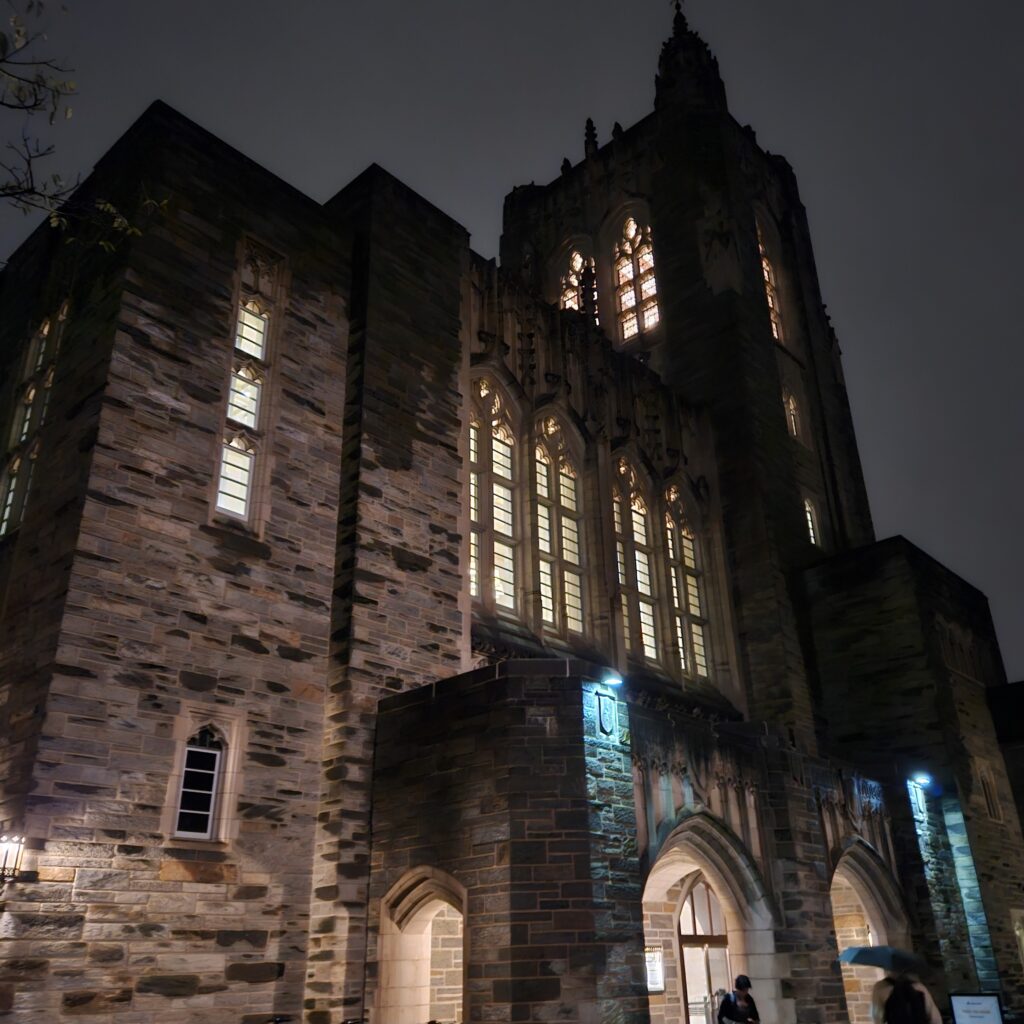A few weeks ago, while I was volunteering with the Trenton Youth Orchestra, a student asked me, “Do you think you have a lot of discipline?” I honestly didn’t know how to respond. Discipline hasn’t been something I’ve spent time thinking about as a college student. While the concept of discipline had been hammered into my brain by soccer coaches and band directors before college, I found myself thinking about what discipline really means here.
At first, I started with how I used to think about discipline. I thought that having discipline meant making sure that you’re able to get yourself where you need to be in order to succeed and to ensure the success of those counting on you. Simple things, like showing up to practice and rehearsal on time, or letting your boss know you were running late. But while those moments took discipline, they didn’t really capture the core of what makes discipline so important. That is mostly because these actions don’t always require discipline in the ways they did in high school. Going to my 9 am POL lecture, for instance, isn’t about lofty ideals of success. Instead, it’s a highlight of my weekly routine that I’d genuinely hate to miss.
In this context, my older understanding of discipline just didn’t feel all that applicable. A better way of thinking about it is that discipline is specifically about doing the hard thing. “The hard thing” is different for everyone in every moment. Perhaps going to an early lecture isn’t the “hard thing” for you, but maybe actually getting the readings done is. It can mean taking that extra step to dig through the literature rabbit hole and read one more study. Or it looks like staying that extra hour in the lab to make sure everything really is running smoothly. It means revising that essay again and again until you’re ready to proofread just one more time. That’s what discipline looks like here.
And yet, doing the hard thing isn’t always scholarly. Sometimes it can even feel counter intuitive. In my experience, for example, it can be hard to justify grabbing dinner with friends during moments like midterms week, when every day feels 5 hours too short. Still, carving out that time to share a meal with friends has been key to my perseverance during those critical moments. Doing the “hard thing” means going to bed instead of slowly working the night away. It looks like taking a step back from a difficult problem instead of trying to force the same solution through different angles. Most of all, it means asking for help. Help with research and coursework, but most importantly, help with all those central aspects of our lives that will never appear on any resume or transcript. Self-care can feel easy to brush aside, but it is just as fundamental to succeeding at Princeton as any other aspect of life as a student. In fact when self-care is neglected, it becomes that much harder to do that next difficult task. Princeton demands discipline at every level. From coursework and research, to clubs and performing ensembles, every single day involves situations where doing the hard thing is the obvious next step. Yet Princeton’s demand for discipline is broader than that, and requires that we make the effort to support our wellbeing. When I was asked if I had “a lot of discipline”, I answered, “I’m not sure about a lot of discipline, but I think I’m getting better with it”. By the end of each of our time here, I hope we can all say we have a lot of discipline, in all the ways that matter.
— Stanley Stoutamire Jr., Social Sciences Correspondent


